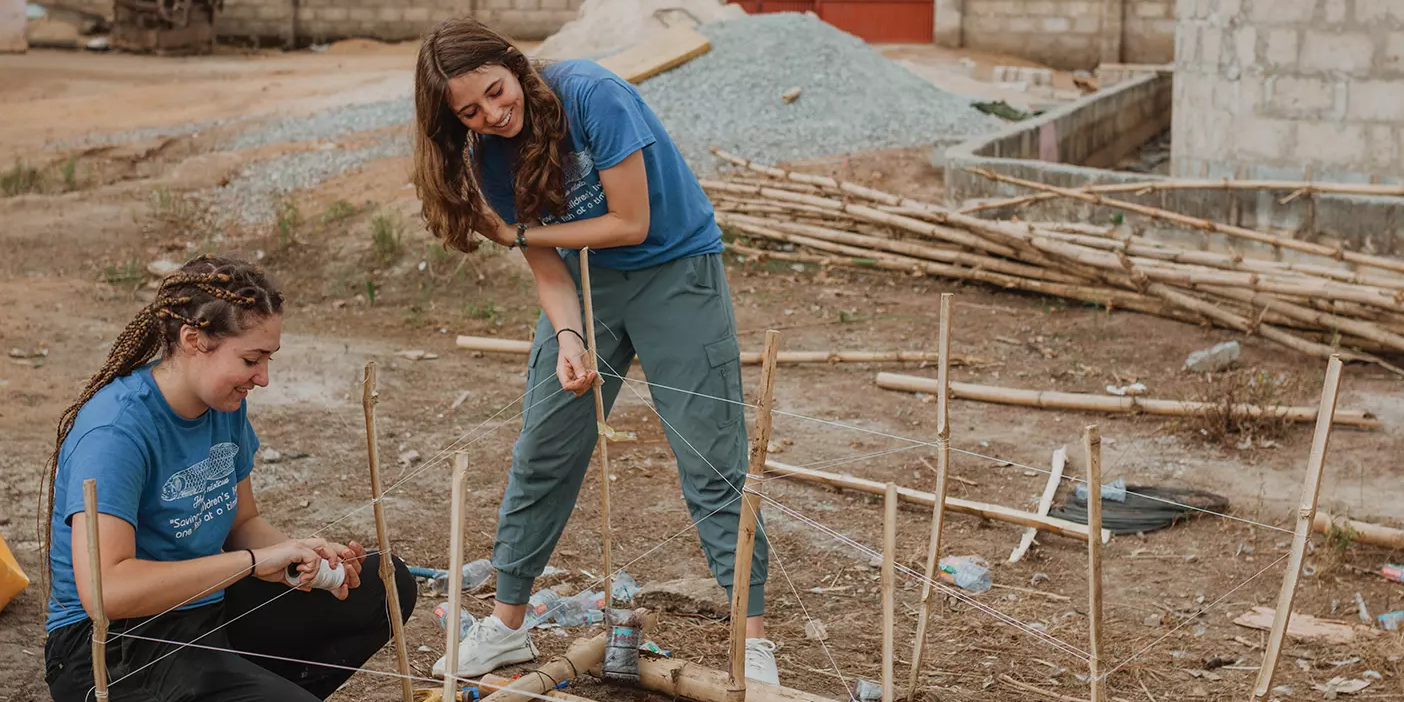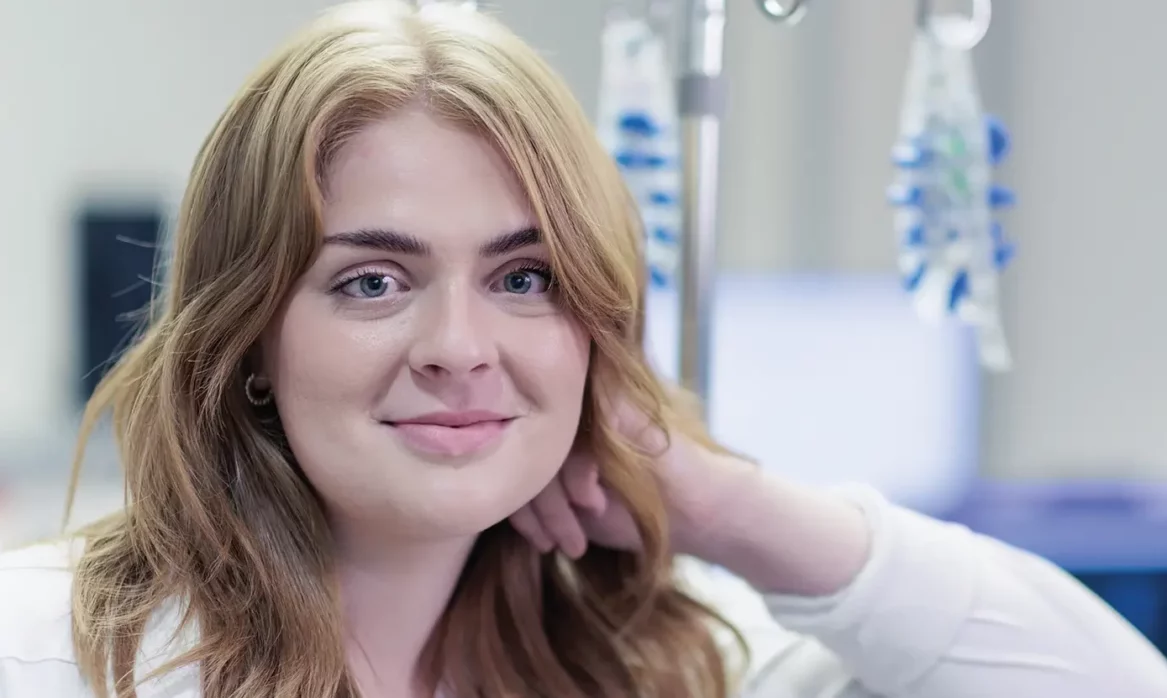
Nursing graduate Gabby Sutton-Clark (BS ’24) has always felt deeply about serving the vulnerable. In high school she advocated for autism awareness and inspired classmates to welcome special-needs students into their social circles. She helped care for a neurodivergent and medically fragile family member, watching him struggle through gaps in medical systems.
Her desire to keep serving led Sutton-Clark to major in nursing at BYU. “I couldn’t get enough of helping people who are not really understood,” she says. “The people who are too complex, always falling through the cracks, they’re my people.”
After a few semesters, Sutton-Clark—a new mom struggling to balance family, work, and a challenging major—was feeling vulnerable herself, even reconsidering her major in nursing. She shared these feelings with Professor Adrianna Watson.
“I remember [Watson] saying, ‘We need nurses like you.’” Watson invited Sutton-Clark to channel her passion into research as a tool to advocate for underserved populations. “Not only did I stay in the nursing program, but I got involved in presenting at conferences nationally and having my research internationally published,” says Sutton-Clark, who graduated with 10 publications and more in the review process.
Financial aid was key in getting it done. “It reduced the amount I needed to work,” Sutton-Clark says. Donor-funded scholarships and experiential learning grants were a blessing as she and her husband attended school. “I don’t think the financial burden would have been something we could have overcome without help.”
Her research focused on better care for neurodivergent patients, recommending small interventions such as dimming lights during appointments. Her paper about better training for nurses working with these populations was made available free because the editor believed it could have an impact for good.
“Gabby just has a light,” Watson says. “She has dealt with incredible challenges, but she uses them to connect with people and to come up with better questions and better solutions. . . . I feel like God blessed her to be a leader in the nursing community.”
Now in her work as a home-care nurse for medically fragile children, Sutton-Clark sees patients struggle daily through gaps in caregiver education, medical systems, and insurance coverage. To advocate for change, she’s again researching with Watson.
“Our world is so data driven,” Sutton-Clark says. “We need evidence-based programs. That’s how we’re going to be able to improve healthcare from the bottom to the top, from grassroots to government—with profound, high-quality research. I’m incredibly grateful to be involved in that.”












